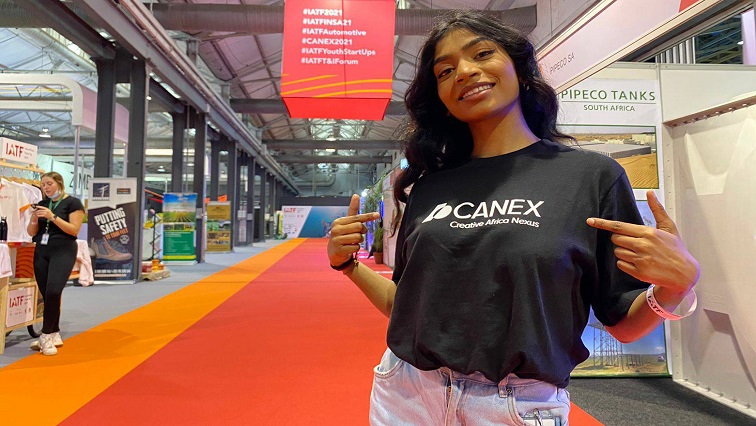Africa is not short of young people with brilliant business ideas. But the question that has experts pondering at the Intra-African Trade Fair in Durban is how to include the majority of the continent’s population – its youth – in the formal economy and for them to benefit from the African Free Trade Area.
Delegates have heard that while there are programmes in the public and private sector to develop skills, access finance and access markets, whether it achieves the intended outcomes is unclear.
35-year-old Mhleli Hallom grew up in an informal settlement in Gqeberha. He says he discovered his passion for business as a 15-year-old when he sold clothes that his sister made. Then straight out of school, he made himself a desk and turned that into a business.
Young entrepreneurs call on African authorities to open up the industry:
Hallom says, “(In) 2014, I was like on my way to school, and I was thinking about business and thinking to myself because … like before I went to school I was a truck assistant and now I lost that spark. I lost that thing that gives me happiness. And for me, it was like, what is it that gives me happiness? And business. But not just business. Now, I wanted to take it further, to be registered and do something serious about it.”
Hallom manufactures home furniture and shop-fittings for restaurants and hotels. What he needs now is proper equipment to scale up his business and shipping containers for a workspace. But he is struggling to access finance or a helping hand, to take the next step in his business.
“And, as young people, that frustrate us, because we have these ideas. Not to say that we just want money. You’ve done your part in terms of equipping yourself with how to run the business. Now, you need this one puzzle that clicks everything, you need capital. They might not give it to you. They can just buy it for you. And I do think they do have those policies. Sometimes it’s just implementation and the province … which province takes it really seriously,” adds Hallom.
KwaZulu-Natal Economic Development MEC, Ravi Pillay says the provincial government has a R300 million programme to provide support in targeted growth sectors, to over a thousand SMMEs.
Pillay says the experience has taught them that aid in the form of services and equipment is more productive than simply providing funding.
“Not cash. That’s a lesson we’ve learnt, in that when we give cash, accountability becomes a bit grey, and we’re not always sure that the money is used for the correct purpose to develop the business. So, in this particular case was funding equipment. Now, there’s a young lady from Cameroon, who got up and said, ‘No, we’re very excited about this.’ But there are too many experiences of where these top-down programmes, in their opinion, do not reach the real people and help the connected, as she put it.”
SABC News’s Liabo Setho speaks to more young entrepreneurs:
Doctor Maxime Houinato from United Nations Women says, in some instances, government policies are not well thought out.
He says a country may, for example, close its border to protect local industry, but fails to develop these industries.
“You can have, for instance, a tax incentive for a category of business people, including young people or women. But that tax incentive needed two or three other policies to function. But you see that these policies are missing. So, the report that UN Women did puts into evidence these kinds of gaps that we have seen.”
One of the exhibitors, KK Nai-Kwade from Ghana says she is attending the fair in the hope of making contacts that will help her navigate the maze of opening new branches of her clothing business in other African countries. She says navigating the operating requirements across different countries has proven challenging.
VIDEO: IATF 2021 – A look at some stats in Intra-African Trade Fair with AfCFTA’s Grace Khoza


